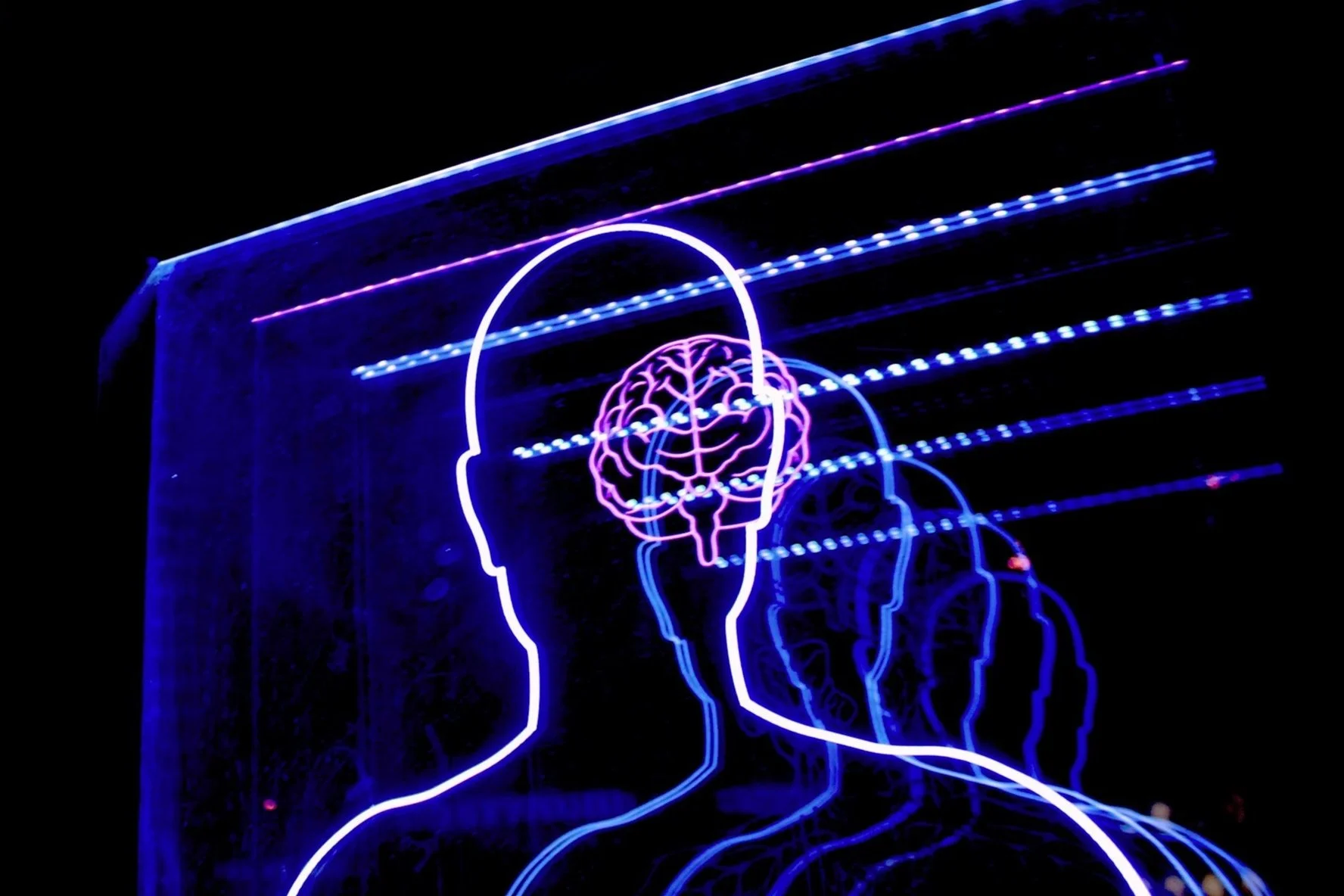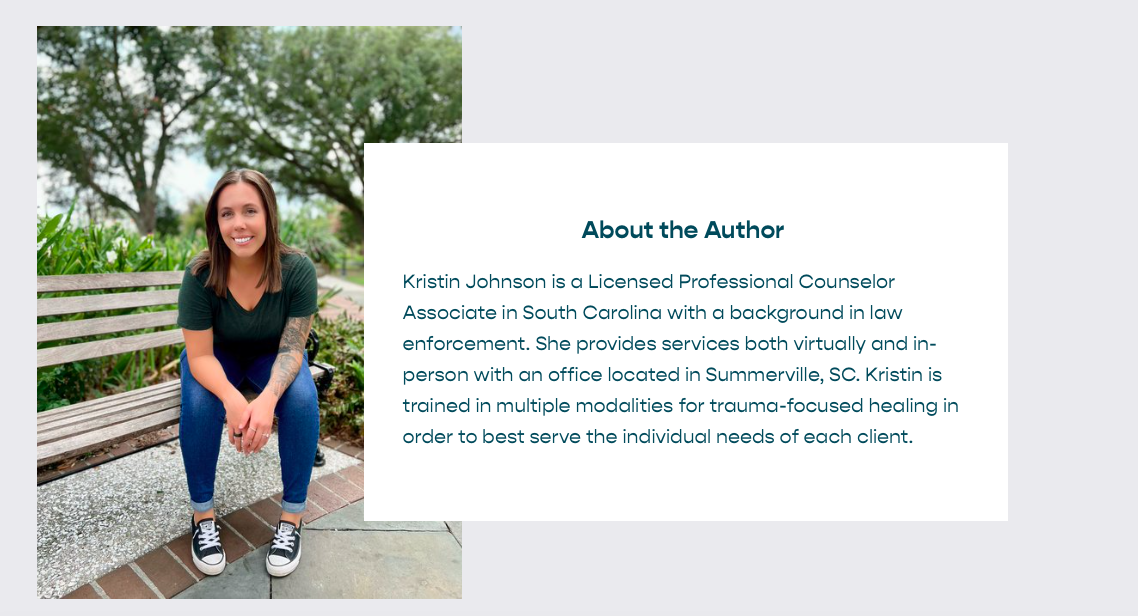The Impact of Trauma
Trauma isn’t just something that happens to you—it’s something your mind and body carry, sometimes for years. Whether it’s the result of a single event, or ongoing experiences, trauma has a profound impact on how you think, feel, and function. If you’re here, reading this, chances are you’re starting to notice how unresolved trauma might be affecting your life, and I want you to know you’re not alone.
In this blog, we’ll break down the impact of trauma on both your mind and body, highlight common trauma responses, and explain how therapy (yes, even that scary-sounding thing) can help overcome the impact of trauma. By the end, hopefully you’ll have a better understanding of why you feel the way you do—and what you can do about it.
What Is Trauma?
I’ve heard the question “what is trauma?” a lot. And honestly, it can be confusing based on the wide range of information out there. To simplify, trauma is the emotional, psychological, and physical response to an event—or series of events—that overwhelms your ability to cope. It’s not just about what happened to you but how your mind and body reacted to it. We have what we call "Big-T Trauma" and "Little-t Trauma".
Big-T Trauma: Life-threatening events like accidents, assaults, or natural disasters.
Little-t Trauma: Ongoing stressors like neglect, bullying, or chronic emotional abuse.
A lot of people have this misconception that something as “small” as bullying isn’t traumatic. And while that may be the case for some, it’s not necessarily true for everyone. There are so many factors that contribute to a person’s ability to cope with ongoing stressors, so bullying is an example of something that your brain and body can naturally have a trauma response to. No matter the source, trauma leaves a mark. And when it’s not processed, that mark doesn’t just go away—it lingers in your thoughts, feelings, and even your physical health.
The Impact of Trauma on Your Brain
Trauma changes how your brain works (yes literally). Here’s how:
Hyper-vigilance: Your brain goes into overdrive, constantly scanning for threats. You might feel anxious or on edge, even when there’s no immediate danger.
Memory Issues: Trauma can disrupt how your brain stores and retrieves memories. Flashbacks, intrusive thoughts, or even blank spots in your memory are common.
Emotional Regulation: Trauma can make it hard to manage emotions. You might find yourself overreacting to small things or feeling numb altogether.
This isn’t just “in your head.” It’s your brain’s way of trying to protect you after being exposed to something overwhelming. If you're interested in learning more, you can click here for a 10-minute video explanation of the impact of trauma on the brain.
The Impact of Trauma on Your Body
Trauma doesn’t just live in your mind—it settles into your body too. Here are just a few ways unresolved trauma can show up physically:
Chronic Pain: Back pain, headaches, and muscle tension are common in people with unprocessed trauma.
Sleep Disturbances: Nightmares, insomnia, or waking up feeling exhausted.
Digestive Issues: Stress and trauma can mess with your gut, leading to stomach problems.
Fight, Flight, Freeze, or Fawn: Trauma responses aren’t just emotional—they’re physical reactions. Your body might feel stuck in a heightened state, ready to fight or flee, or completely shut down.
Your body remembers what your mind tries to forget, which is why addressing trauma requires both mental and physical healing.
The Long-Term Impact of Trauma
When trauma goes unaddressed, it can affect every area of your life. You might notice:
Strained Relationships: Difficulty trusting others or opening up emotionally.
Mental Health Struggles: Anxiety, depression, or PTSD symptoms.
Self-Sabotage: Procrastination, perfectionism, or avoidance behaviors.
This isn’t about being “broken” or “weak.” It’s about recognizing the ways trauma is showing up in your life so you can start to heal and regain control of your life.
How Therapy Can Help With the Impact of Trauma
If you’re tired of carrying the weight of your past, therapy offers a way forward. Here’s how:
Processing the Past: Techniques like EMDR (Eye Movement Desensitization and Reprocessing) and EFIT (Emotionally Focused Individual Therapy) can help you reprocess traumatic memories so they aren't as distressing and no longer impact your day-to-day life.
Building Resilience: Therapy gives you tools to manage triggers, reduce anxiety, and feel more in control of your life.
Mind-Body Healing: Many therapists incorporate somatic practices or mindfulness techniques to help release trauma stored in the body.
Healing from trauma isn’t about erasing what happened. It’s about giving yourself the chance to live fully without your past holding you back.
Interested in Trauma Therapy?
Honestly, I get it. Talking about trauma is scary, and asking for help can feel even scarier. But here’s the thing: You don’t have to keep living like this. You deserve to feel safe, happy, and whole again.
If you’re ready to start healing, I’m here to help. Schedule a free phone consultation today, and let’s talk about how therapy can support you. It's not about "what's wrong with you," it's about what happened to you.
Looking to connect with a trauma therapist?
Take the first step towards healing your mind and body.
(South Carolina residents only)


